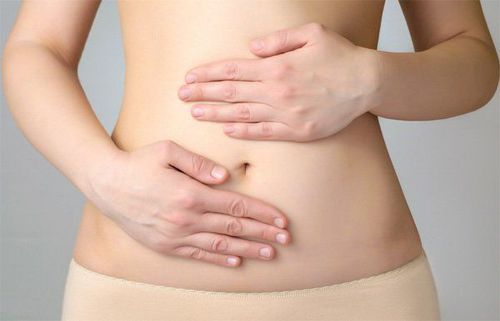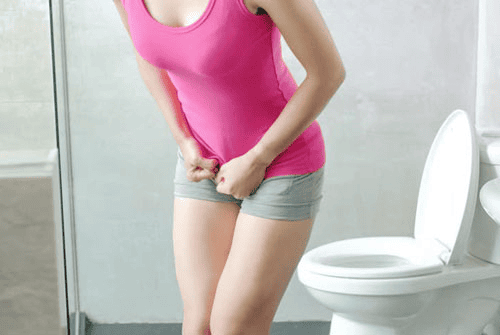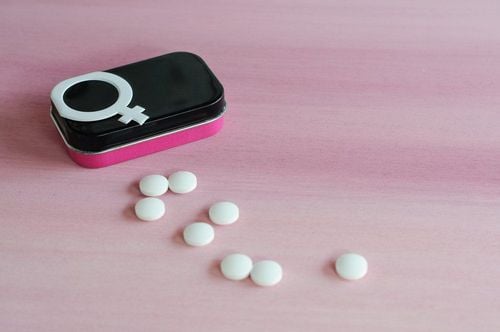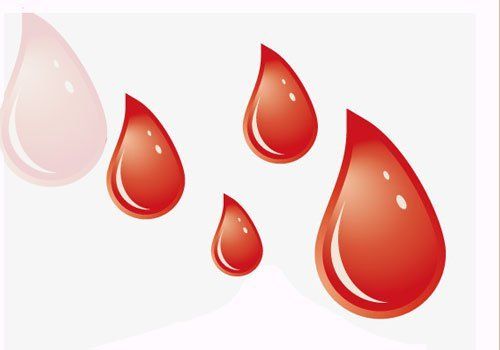A menstrual cycle lasting from 26 to 28 days is quite common among women. With this menstrual cycle, how can women calculate their ovulation days?
1. What is a menstrual cycle?
Menstruation is the monthly bleeding that women experience, commonly referred to as "period." During menstruation, your body eliminates the buildup of uterine lining. Menstrual blood and tissue flow from the uterus through the cervix and exit the body via the vagina.
In the monthly menstrual cycle, the uterine lining thickens in preparation for pregnancy. If pregnancy does not occur, the levels of the hormones estrogen and progesterone begin to drop. The very low levels of estrogen and progesterone signal your body to begin menstruation.
A woman's menstrual cycle is measured from the first day of her period to the first day of her next period. The levels of estrogen and progesterone typically fluctuate throughout the menstrual cycle, which can cause various menstrual symptoms.
A typical menstrual cycle lasts about 28 days, but every woman is different. Additionally, the length of a woman's cycle can vary from month to month. Your period is still considered normal if it typically occurs every 21 to 35 days. This means the time from the first day of your last period to the beginning of your next period is at least 21 days but no more than 35 days.
Some women experience regular menstrual cycles to the extent that they can predict the exact day and time of their next period. Other women, while having regular cycles, can only estimate the start date of their period.
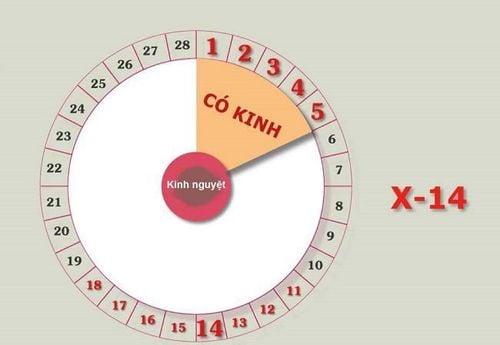
2. What is ovulation?
Ovulation is the process when an egg (oocyte) is released from the ovary. After ovulation, the egg travels to the uterus through the fallopian tubes (uterine tubes). If sperm meets the egg at the right time, fertilization can occur. If you are trying to get pregnant or just want to learn more about the female reproductive system, it is important to understand the process of ovulation and fertilization.
In each menstrual cycle, reproductive hormones such as LH (luteinizing hormone) and FSH (follicle-stimulating hormone) are secreted to stimulate the ovaries. In response to these hormones, the ovarian follicles begin to grow more rapidly. Inside each follicle is an immature egg, known as the oocyte, which begins to mature.
Although several eggs develop at the start of each cycle, usually only one dominant egg is released. If two eggs are released, you may conceive fraternal twins (twins that result from the fertilization of two separate eggs with two different sperm). At times, two or more eggs may be released concurrently, rather than at separate times during the menstrual cycle.
Trắc nghiệm: Sự hiểu biết của bạn về kinh nguyệt
Kinh nguyệt có vai trò quan trọng đối với sức khỏe sinh sản, do đó nữ giới cần chủ động trang bị kiến thức để theo dõi và kiểm soát tình trạng sức khỏe. Bài trắc nghiệm sau đây sẽ giúp bạn hiểu hơn về chu kỳ kinh nguyệt của bản thân.3. If the menstrual cycle is 26–28 days, when does ovulation occur?
In a typical 28-day menstrual cycle, the cycle is divided into two phases: the follicular phase (the first 14 days of the cycle) and the luteal phase (the last 14 days of the cycle). The luteal phase is a fixed period, and there is often minimal change. The length of the menstrual cycle primarily depends on the follicular phase. Therefore, the timing of ovulation can vary depending on this phase.
For women with a 26–28-day menstrual cycle, ovulation typically occurs around days 12 to 14 of the cycle (which corresponds to the end of the follicular phase). However, determining the exact time of ovulation can be challenging because the follicular phase in each woman is different, making it difficult to pinpoint.
4. When does ovulation occur?
Ovulation typically occurs between days 11 and 21 of the menstrual cycle. However, this is just an average standard. In reality, even women with a 28-day cycle do not always ovulate on day 14. One study found that less than 10% of women with a 28-day cycle ovulated on day 14.
Generally, when a woman says she is ovulating, she is referring to the period of time when she is most fertile, which is 2 to 3 days before ovulation. If we assume ovulation occurs between days 11 and 21, this fertile window could start as early as day 9 of the menstrual cycle and end as late as day 22. This is a wide window, which is why most women trying to conceive monitor their ovulation signs and menstrual cycle.
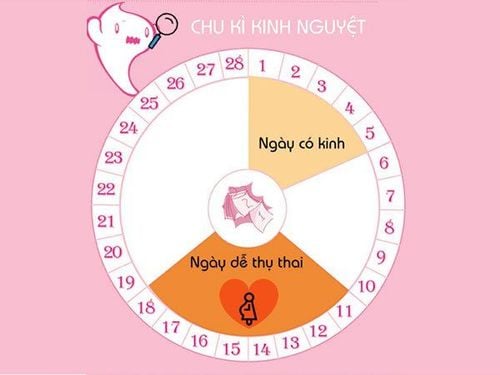
5. How to know if you are ovulating?
Most women experience certain symptoms around the time of ovulation. Some symptoms may appear a few days before ovulation, while others may not occur until the day before or the day of ovulation. Signs of ovulation include changes in sexual desire, increased cervical mucus, and sometimes abdominal cramps.
One way to detect ovulation is by measuring your basal body temperature (BBT), which is your temperature when you are completely at rest. By taking your temperature first thing in the morning before getting out of bed, you can look for a rise in temperature that signals ovulation.
Another method is using ovulation tests. These tests work similarly to pregnancy tests, detecting a hormone that triggers ovulation in your urine.
It is important to note that not all ovulation kits are highly accurate, and some can be confusing. In fact, studies show that the reliability of these products ranges from 19% to 99%, and improper sexual stimulation is a major factor causing infertility challenges for some couples.
The most accurate way to determine the exact day of ovulation is through a transvaginal ultrasound.
6. Tips for rapid conception
Conception requires at least one egg and one sperm. Semen can live for up to five days in a woman's reproductive tract.
However, a human egg only lives for 24 hours. In addition, it must be fertilized within the first 12 hours after ovulation for conception to occur. If you want to get pregnant, having sex before ovulation will ensure that sperm are ready to meet the released egg.
Although knowing when you ovulate can help you time intercourse during the most fertile days, it is not mandatory. If you have sex three to four times each week, try to time it around ovulation. Ideally, engage in sexual activity every other day during your fertile window to allow sperm time to regenerate and mature between attempts.

In addition to understanding the timing of ovulation, to prepare for a healthy pregnancy, both partners should have reproductive health assessments 3 to 5 months before pregnancy.
The wife should:
- Get vaccinated before pregnancy, especially for rubella, as the infection during pregnancy is extremely dangerous.
- Undergo genetic testing to screen for hereditary diseases before pregnancy.
- Check for gynecological infections to prevent any impact on the health of both the mother and the baby.
- Particularly for women over 35 years old who wish to conceive (especially if they have never been pregnant), a detailed health check-up is essential, as pregnancy at this age often involves issues such as ovarian insufficiency, preterm birth, increased risk of birth defects, placenta previa (the placenta blocks your baby’s exit), and higher chances of preeclampsia (a pregnancy complication characterized by high blood pressure that can harm organs, especially the liver and kidneys.).
The husband should:
- Check reproductive health and identify any issues such as testicular atrophy (when the testicles shrink and lose function), erectile dysfunction, or low sperm count.
- Be tested for sexually transmitted diseases, especially those that are incurable, as they can be very dangerous.
To arrange an appointment, please call HOTLINE or make your reservation directly HERE. You may also download the MyVinmec app to schedule appointments faster and manage your reservations more conveniently.
Reference sources: yourfertility.org.au, healthline.com




